If your cat is acting strange and exhibiting unusual behavior, it may be due to poisoning. Knowing the signs of poisoning will help you identify the problem in time and react accordingly. Of course, if you suspect your cat has been poisoned, your best course of action is to go to a vet as soon as possible.
Read on below for the possible signs of cat poisoning and what to do in case of this emergency.
The 8 Signs Your Cat Was Poisoned
1. Loss of Appetite
Loss of appetite is the first and most common sign your cat has gastrointestinal or stomach issues. If your cat loses interest in food and doesn’t feel hungry, there is likely a serious problem going on. Along with the loss of appetite, there may be other signs involved that can indicate poisoning.
2. Vomiting
Vomiting is another quite common signs of poisoning in cats. That’s when a cat may start vomiting uncontrollably and frequently in an effort to remove everything toxic from the stomach. When your cat ingests a poison,1 such as a poisonous plant, spoiled cat food, or even toxic fluids, the stomach will begin its best effort to remove the poisonous or foreign object from the body.
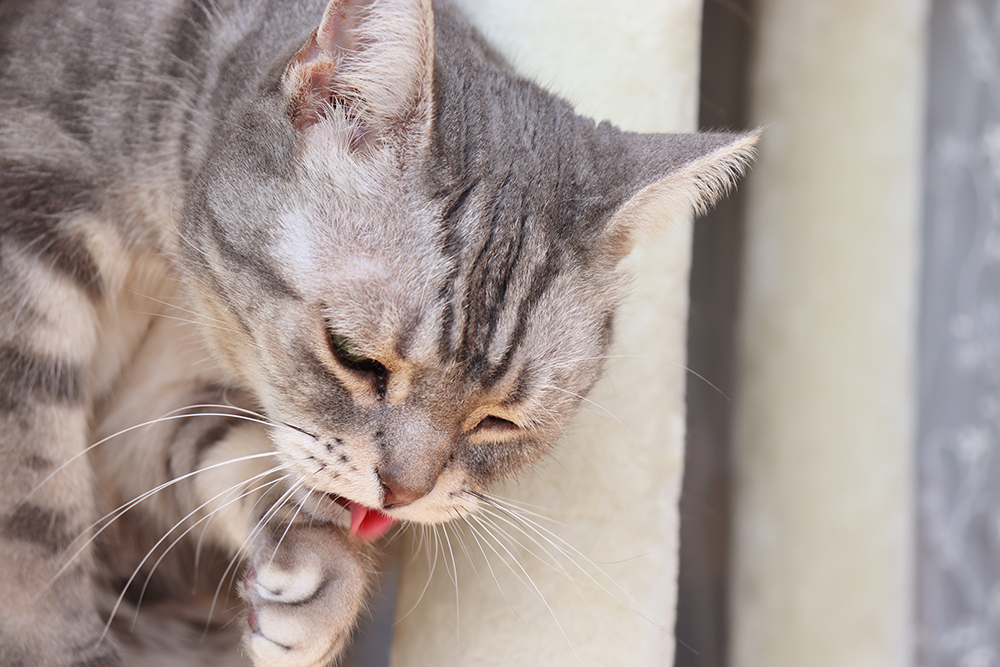
3. Diarrhea
Similar to vomiting, diarrhea occurs when the body tries to remove a harmful object or fluid from the body, or from the upset caused to the intestines from the toxin. Once a dangerous object or toxic fluids pass into the intestines, the body’s natural instinct will often be to remove the thing from the system.
4. Depressed or Lethargic State
If your cat suddenly begins expressing an altered mood or state where they seem depressed, lacking enthusiasm, or are lethargic, this can be due to food poisoning. Your cat may stop playing with you or not be excited when you offer them things they usually enjoy. When your cat stops expressing happiness or enthusiasm followed by a lack of appetite, it can be a sign of ingesting a poisonous object.

5. Muscle Tremors
Muscle tremors are involuntary movements of body parts due to muscles contracting and relaxing repeatedly. Muscle tremors can seem like your cat is twitching in certain parts of their body. These muscle tremors can be caused by several factors, including ingesting toxic plants or chemicals. Your cat needs to be examined by a veterinarian if they are experiencing twitching of the muscles to be able to create the correct diagnosis as soon as possible.
6. Discolored Gums
The normal color of the cat’s gums should be similar to humans—light pink. When your cat’s gums suddenly change color to a much brighter pink, turning intense red, it can indicate your cat has cyanide poisoning. Cyanide poisoning is usually caused by the cat ingesting a toxic plant, pesticides, fertilizers, or even from large quantities of apple seeds. Discolored gums can also occur if your cat ingests rat poison, which can stop the blood from coagulating and cause excessive bleeding.
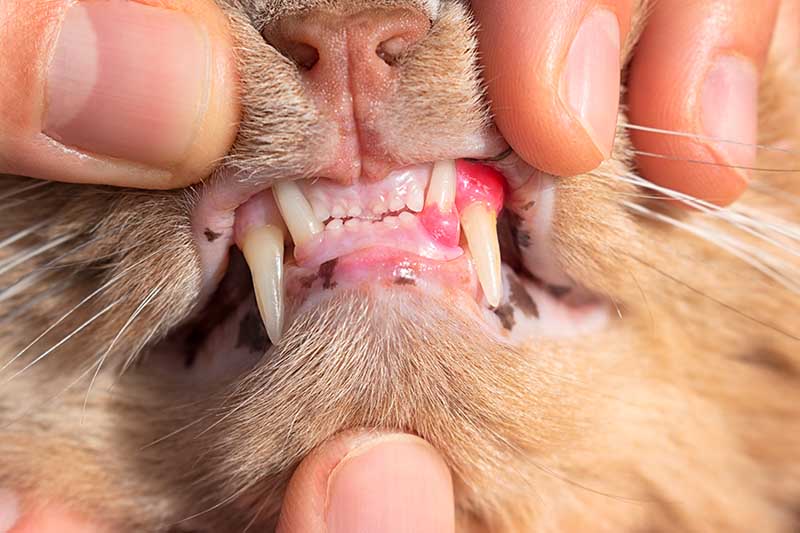
7. Drooling & Constant Thirst
Drooling can be one of the first signs of cat poisoning. It can indicate anything ranging from the bad taste of a toxin to the damage toxins can cause to the gum tissue. Drooling can take a variable amount of time to appear.
8. Breathing Difficulties
Cats can breathe in harmful chemicals that can lead to poisoning. Plenty of chemicals are harmful to cats, such as carbon monoxide, sprayed insecticides, or bleach fumes and fumes from other strong cleaning products. If your cat was poisoned by inhaling the toxic chemical, aside from other signs, you may also notice your cat coughing and having breathing problems.
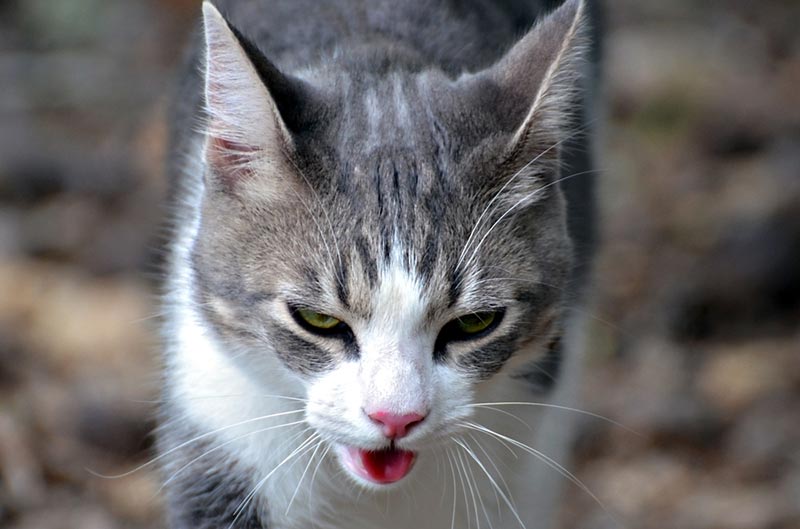
What to Do When You Suspect Your Cat Has Been Poisoned
1. Contact Your Vet Immediately
Your first step in helping your cat is to contact your veterinarian and quickly explain the situation. It would help to let your veterinarian know what your cat had to eat that day. If the vet assumes your cat has been poisoned, you must immediately take him to the clinic.

If you need to speak with a vet but can’t get to one, head over to PangoVet. It’s an online service where you can talk to a vet online and get the personalized advice you need for your pet — all at an affordable price!
2. Do Not Try to Treat Your Cat
After recognizing the likely signs of poisoning, you must refrain from giving the cat any treatments or natural remedies. Any added fluids or foods can make the situation worse.
3. Identify the Possible Poison
Think about all the possible things your cat could have eaten during that day, and if their meal was the same as always, they might have picked something up from around your home. Do your best to identify the exact substance your cat might have ingested or inhaled, which will help your veterinarian in setting up the diagnosis and treatment.
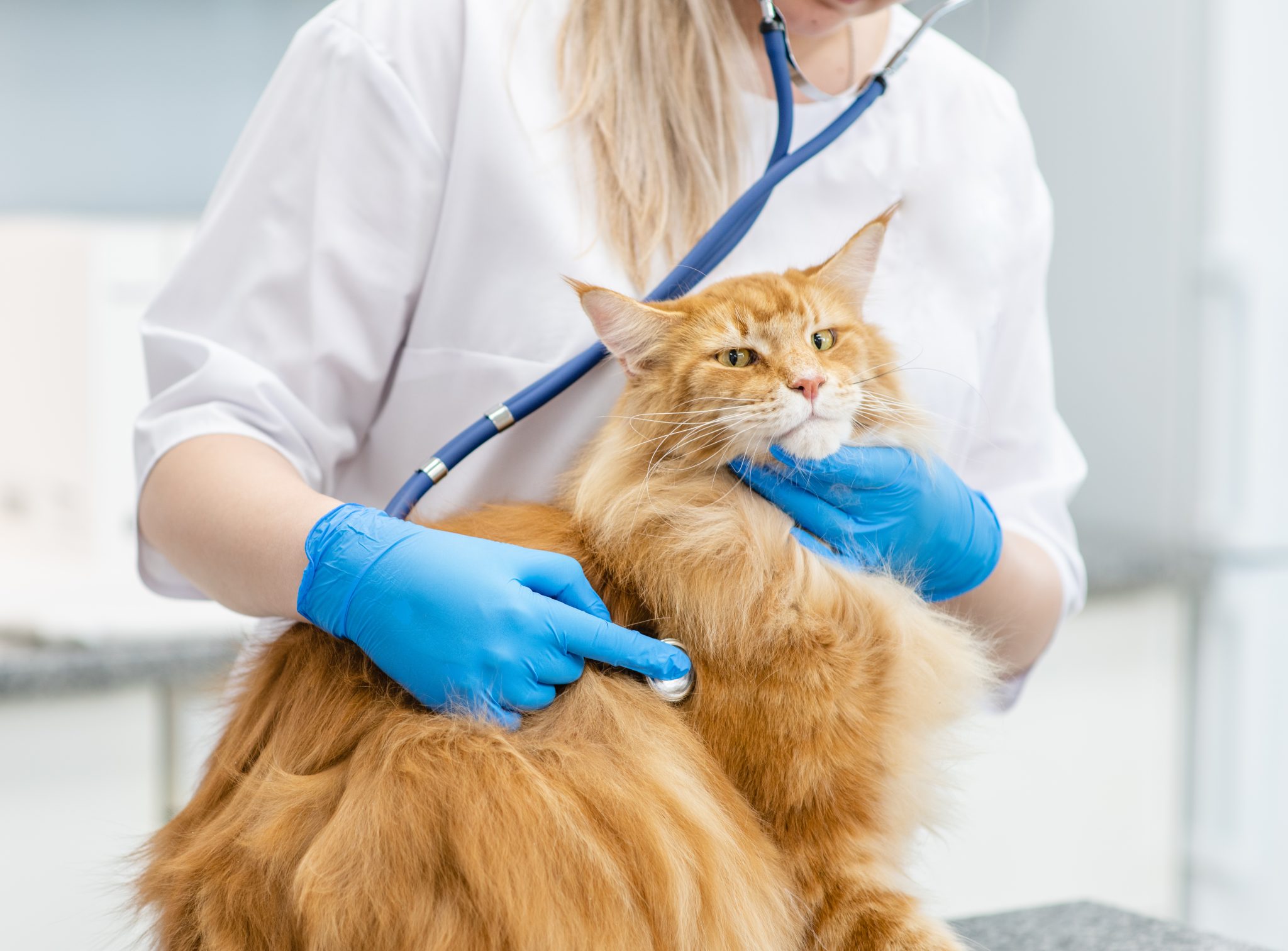
Conclusion
Poisoning can happen unexpectedly, especially if your cat finds strange new objects in the house and ingests them without your knowledge. After reading about the possible signs your cat can have in case of poisoning, you know what to expect and how to react in time. Responding as soon as possible can save precious minutes and even save your cat’s life.
See also:
Featured Image Credit: PRESSLAB, Shutterstock

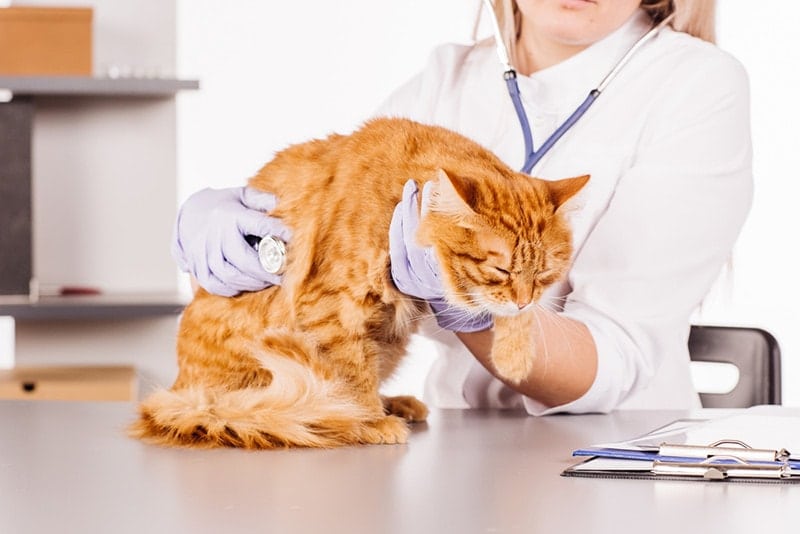


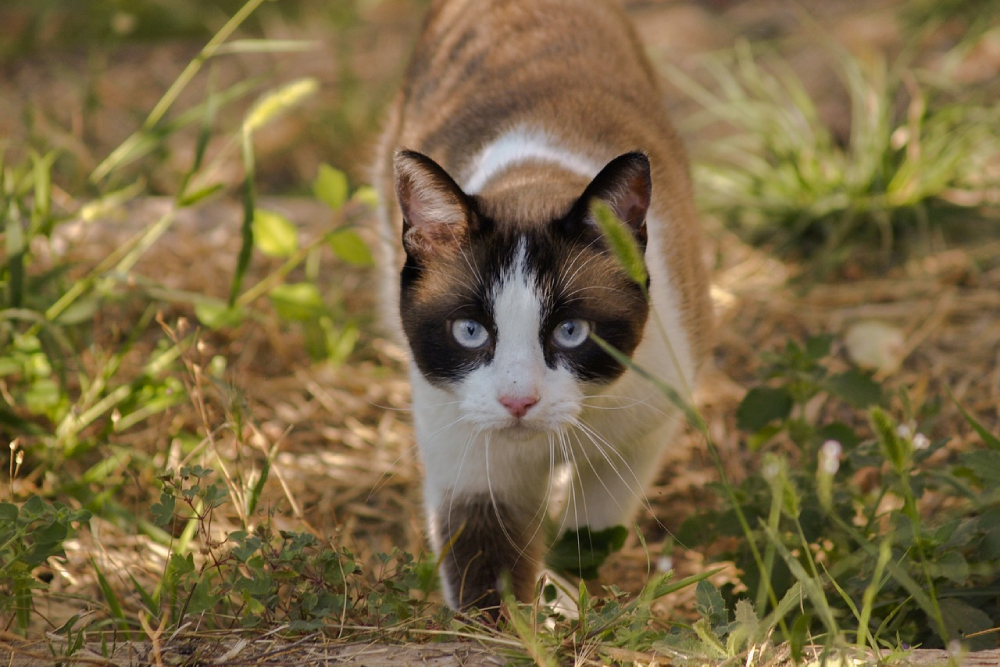
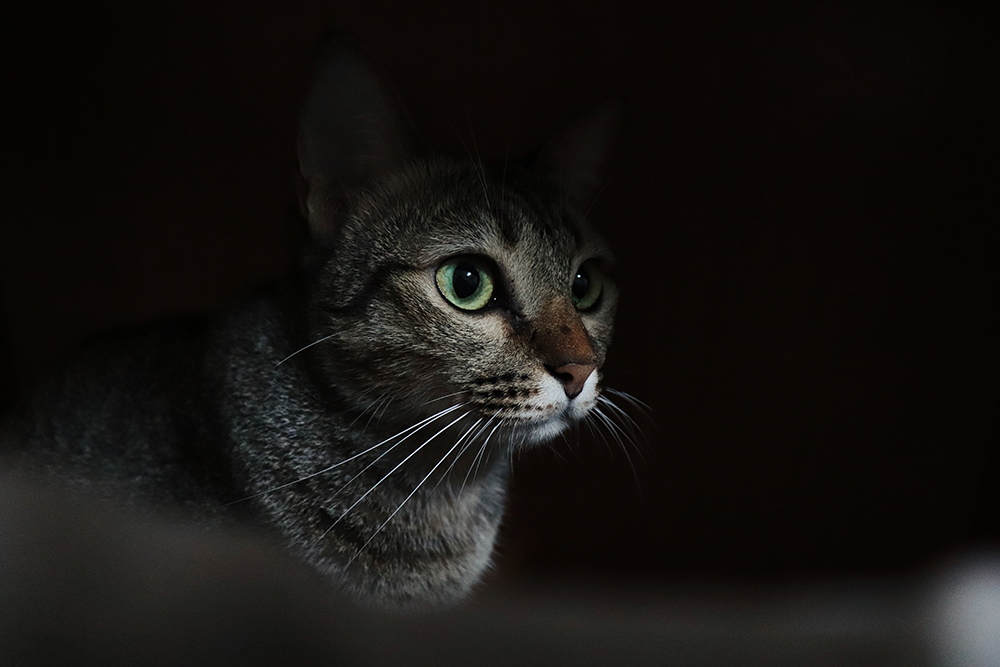







What can I do to help my cat? If I thinkshe's been poisoned. I'm not sure by what the Spider-Man bug by. I don't know, I'm down anything I'll him yet.
73 years old and I'm don't have the money. I'm on social security please help me
Hi Debra, so sorry to hear about your cat. Poisoning is a medical emergency; if your cat is showing signs, you need to take your cat to the veterinarian as soon as possible. They might be able to help him with support treatments, but knowing the possible cause would be even more helpful.